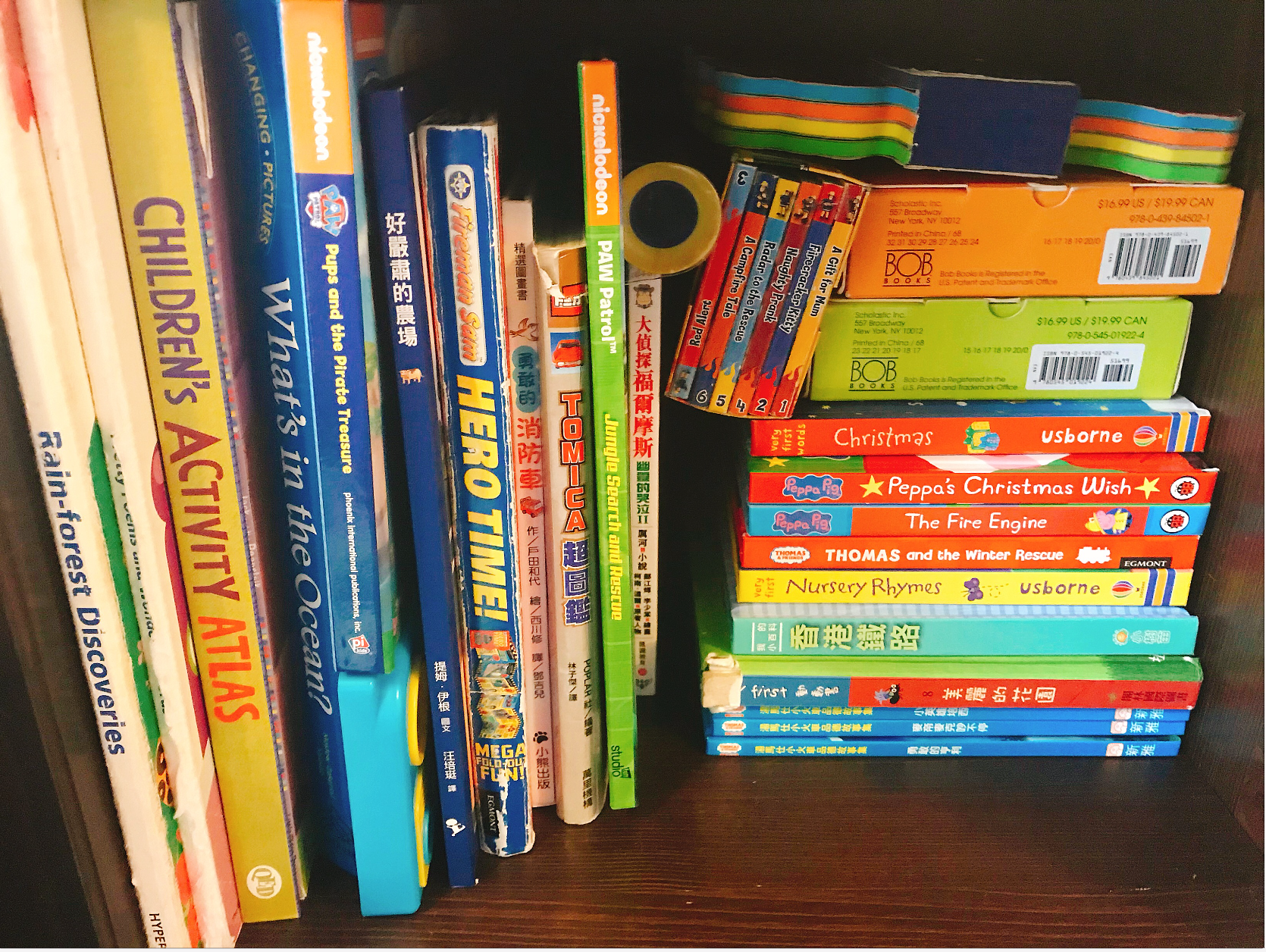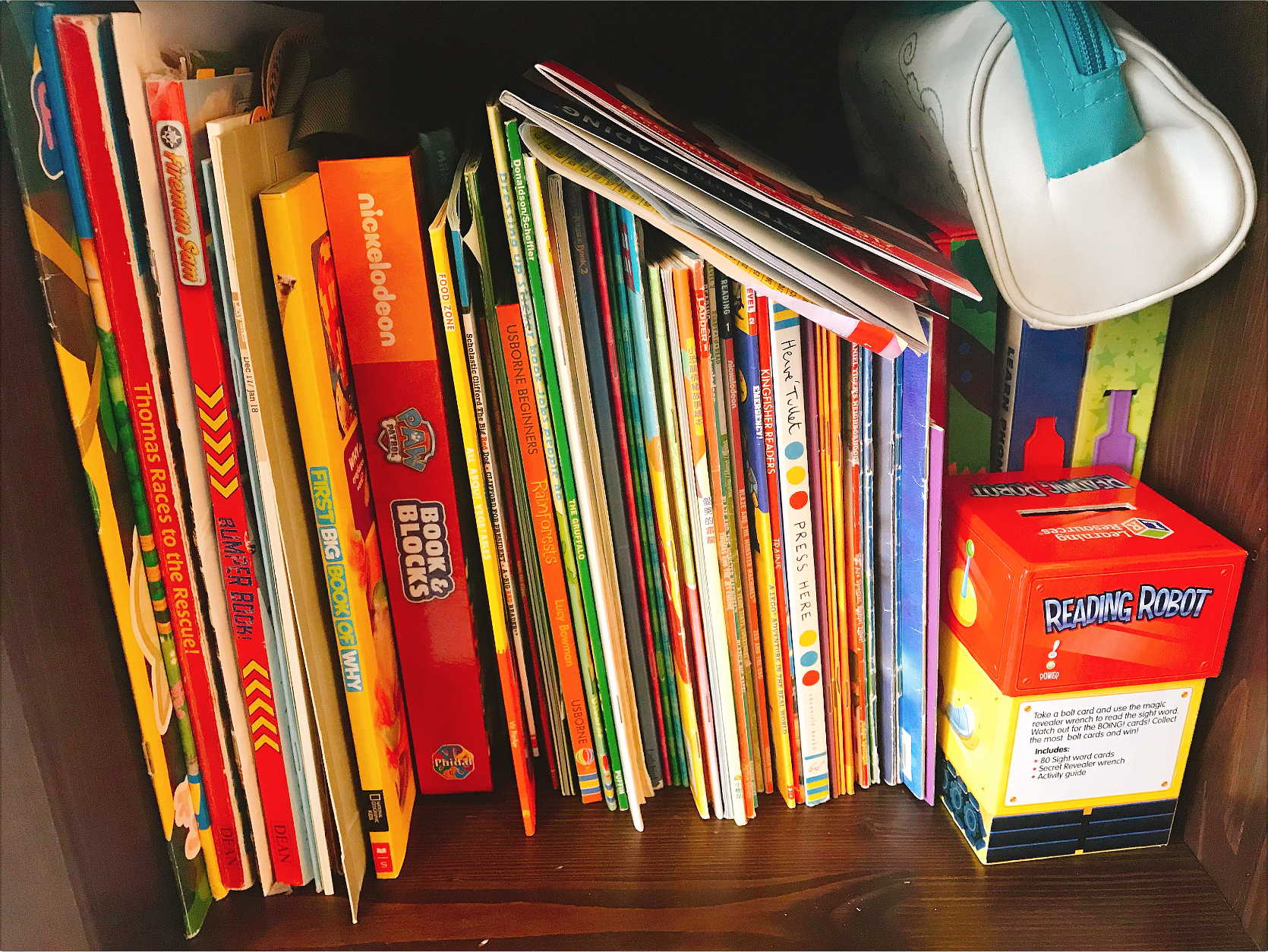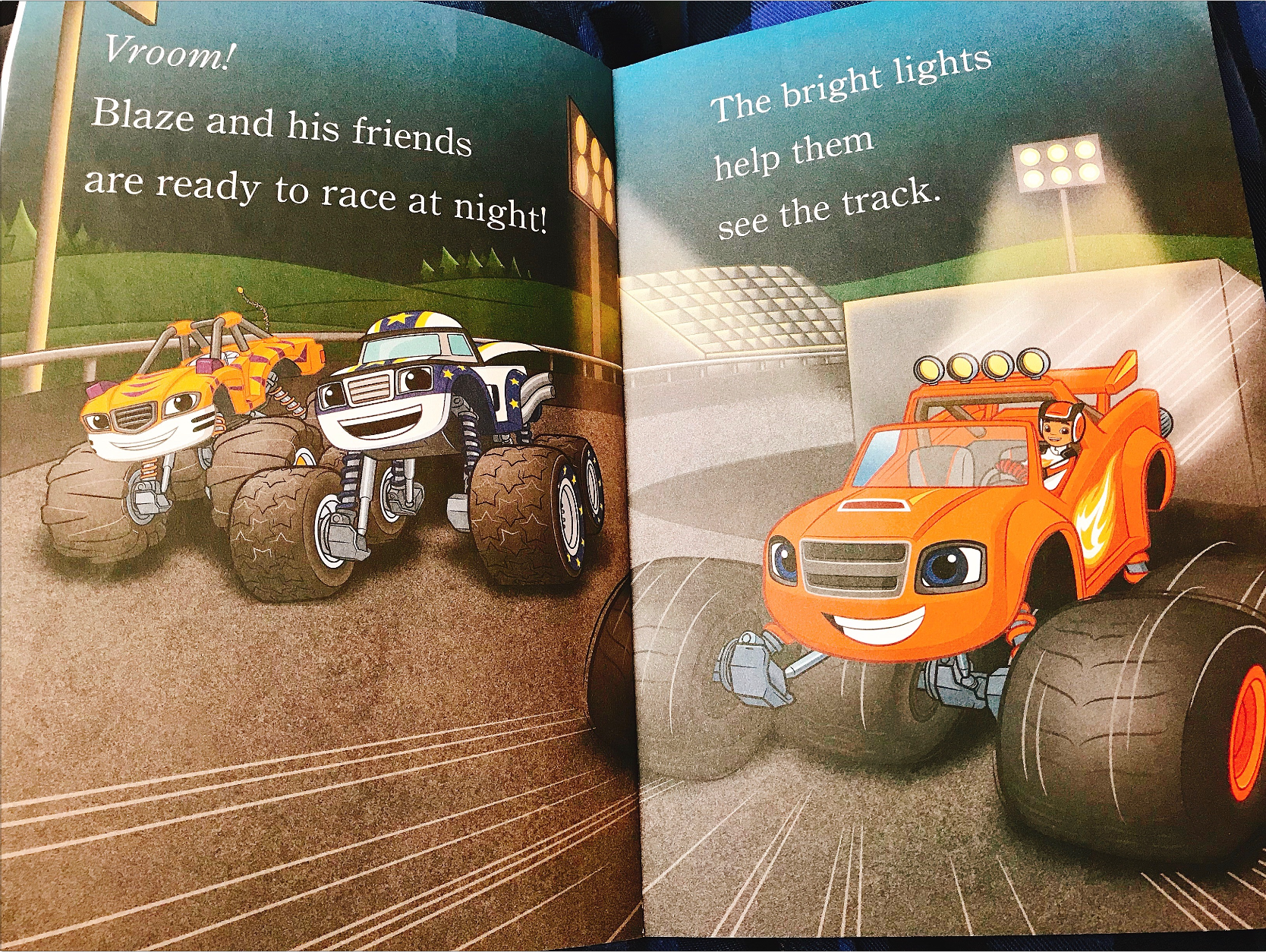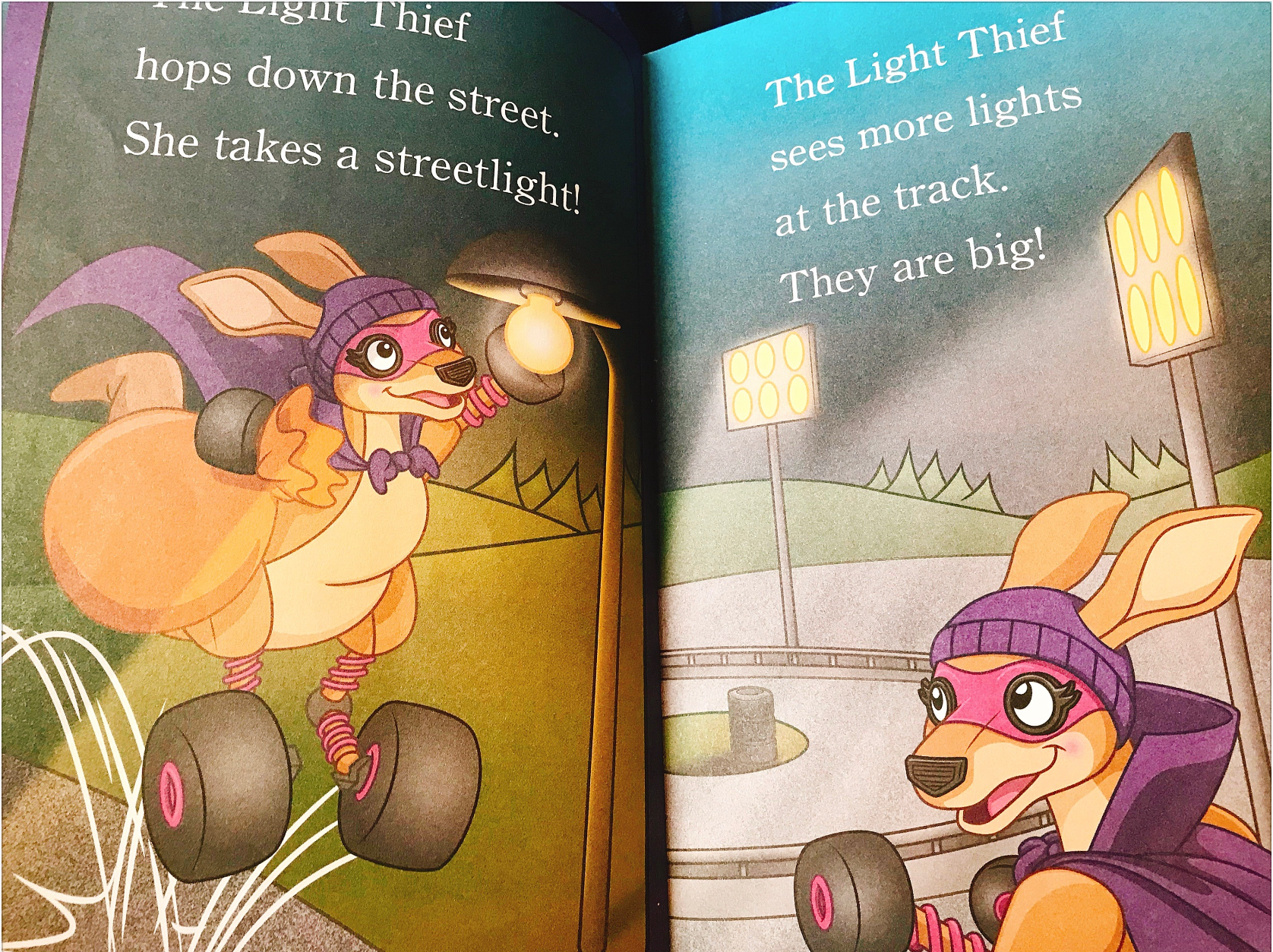Background
In my previous post, I brought up problems with mechanistic after-school training in children. At the end of the post, I raised that my boy does after-school reading on a daily basis.
在我上個的post中,我提出放學後功課操練的問題及我孩子每天都有課後閱讀。
In this post, an add-on to the previous one, I will explain to you why after-school reading can be good for children and parents too and how you can help with after-school reading.
在這篇文章中,我會向你解釋為什麼課後閱讀對於孩子和家長來說都是好的。
How I do after-school reading with my boy
My boy has a tiny bookshelf from which he and I can randomly choose one for reading. However, he soon finds his current collection boring. To sustain his reading habit, I, from time to time, buy inexpensive books (under HKD 100 each, equivalent to about USD 12) of all kinds from a bookstore selling books through his school. Books we mostly choose are 10-page long, illustrations rich, and pages flowing one from another as a story.
我孩有一個小書架,他和我可以隨便選擇一個閱讀書架。然而,他很快發現他目前書無聊。為了維持他的閱讀習慣,我不時從學校出售書籍,購買各種價格低廉的書籍(不足100美元,相當於約12美元)。我們大多選擇的書籍長度為10頁,插圖豐富,故事性。

His tiny bookshelf
I am not alone keeping him committed because his school has diverted enormous efforts encouraging after-school reading. He borrows a book from the classroom library and takes it home everyday, together with a weekly school-wide library visit where he borrows a book of his choice. Books he normally borrows are similar to those he owns at home. However, at times, he borrows some books that are not story-based. I do not feel discouraged because I can still turn them each into stories where I can have rich discussions and interactions with him.
我並不孤單,因為他學校為了鼓勵課外閱讀而付出了巨大的努力。他從班房書館借了一本書,每天都要把它帶回家,連同每週在學校圖書館訪問,借用一本他自己選擇的書。他通常藉用的書和我們家裡的書差不多。但有時候,他借了一些不是故事的書。不要灰心,因為作為父母的你仍然可以變成一個故事,你可以與你的孩子/孩子進行豐富的討論和互動。

His bookshelf
The best time to read a book is before dinner or bed. Either case, I snuggle up comfortably with him. I bring him some questions on what the book is about by looking at front and back covers of the book. He explains and I further interact by asking more on where, what, why and, who about objects or characteristics on the covers.
閱讀一本書的最佳時間是在晚餐或睡覺之前。無論是哪種情況,我都舒舒服服地跟他在一起。我通過查看書的封面和封底,向他詢問這本書是關於什麼的。他解釋說,我進一步互動,詢問更多關於封面上的對像或特徵的人,在哪裡,為什麼,以及誰。
Taking the Blaze and the Monster Machines as an example (copyright Nickelodeon Junior), first two pages are about those monster machines having a race at night,

(copyright Nickelodeon Junior)
We talk about
- what those monster machines are doing?;
- why they are doing there in the dark?;
- where are they going?;
- why we need abundant lights outdoors at night?;
- and what sounds we can hear when vehicles are zooming down the road?
以“Blaze”和“Monster Machines”為例(版權[Nickelodeon Junior](http://www.nickjr.tv/)),前兩頁是關於那些在晚上有比賽的怪物機器,
我問他
- 這些怪物機器在做什麼?
- 他們為什麼在黑暗中在那裡?
- 他們要去哪?;
- 為什麼晚上我們需要充足的光線?
- 當車輛在路上放大時,聽到什麼聲音?
I extend the interaction to
- why there is a greenfield in background?;
- in what season we have such a lush and leafy greenfield?;
- and how can we grow plants in a pot or garden?
我也把我的問題提出來
- 為什麼在後台有綠地?
- 在哪個季節,我們有這樣一個鬱鬱蔥> 蔥的綠地?
- 我們如何在盆栽或花園裡種植植物?
He needs to recalls his knowledge, use his imagination, and verbally and logically express himself what is in his mind in sentences. He can also try his phonics reading those words on the pages.
他需要回憶起自己的知識,運用自己的想像力,用口頭和邏輯的方式表達自己心中的想法。他也可以嘗試閱讀這些文字。
Moving onto the next two pages, a kangaroo is stealing some lights.

(copyright Nickelodeon Junior)
We talk about
- Why the kangaroo is stealing lights?
- Is it good or bad if the kangaroo is stealing lights and why?
- Why the kangaroo can be so springy?
- With the cape on, the kangaroo looks hideous or heroic?
移到接下來的兩頁,一隻袋鼠偷了一些燈。
我問
- 為什麼袋鼠偷燈?
- 袋鼠偷燈是好事> 還是壞事?為什麼?
- 為什麼袋鼠可以如此有彈性?
- 穿了斗篷,袋鼠看起來醜陋還是英雄?
Benefits of after-school reading for children
- Logic and observation
Children observe what they see and turn their picture in mind into logical expressions in verbal sentences.
- 邏輯和觀察
孩子們觀察他們所看到的內容,並將他們的想法轉化為口頭上的邏輯表達。
- Creativity and thinking
Children think of whatever fun and interesting to complete the story with you.
- 創造力和思維
孩子們想起與你互動並完成故事的任何有趣和有趣的事情
- Language
Children work on phonics, spelling, and vocabulary. They can also work on confidence in verbally express self.
- 語言
孩子們在拼音,拼寫和詞彙上工作。他們也可以自信地口頭表達自己。
- Parent-child relationship
Children build rapport with you. This can extend to children finding it comfortable talking about what happens at school every day. You can knock down parent-child barriers.
- 親子關係
孩子與你建立和諧關係。這可以延伸到孩子們覺得很舒服,談論每天在學校發生的事情。你可以打破親子壁壘。
Concluding remarks
It takes 20 minutes maximum for each reading with your child/children. Please try having some interesting questions for your child/children rather than clinically and blandly read out each page words by words.
**Please do give your child/children encouragement and praises but not blames even your child/children cannot do correct phonics or cannot have a creative mind. It takes time to build their reading and thinking skills and confidence bit by bit; there is no overnight success as to after-school reading. **
I would like to thank @maverickfoo for his guide to blogging smart on Steemit. He shares his expertise without hesitation. Hats off to him for the efforts.
Thank you for reading my post. Content is original.
#總結
**每次與您的孩子閱讀最多需要20分鐘。請為您的孩子嘗試一些有趣的問題,而不是臨床上,並逐字逐句朗讀每頁。
**請給你的孩子的鼓勵和稱讚,但不要責怪即使你的孩子不能做正確的發音或不能有一個創造性的頭腦。一點一點地培養他們的閱讀和思考能力和信心是需要時間的;課後閱讀沒有一夜成功。 **
